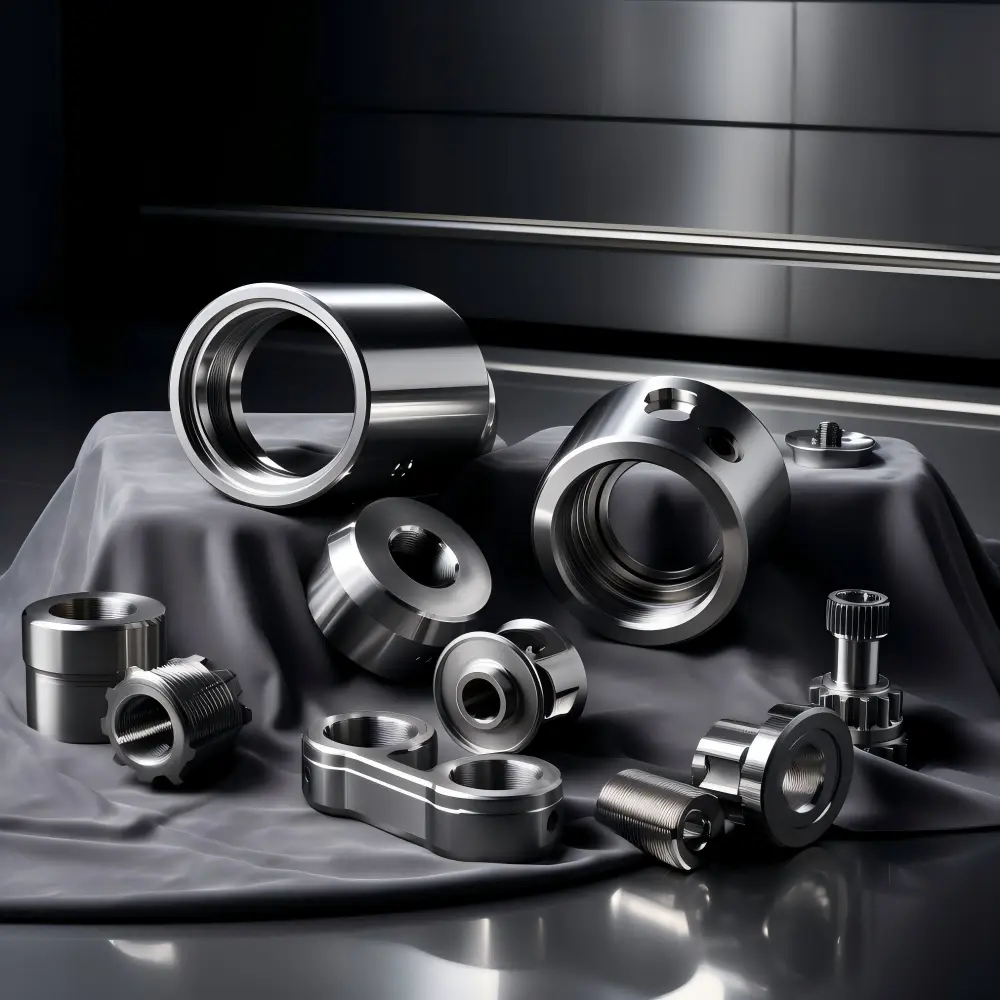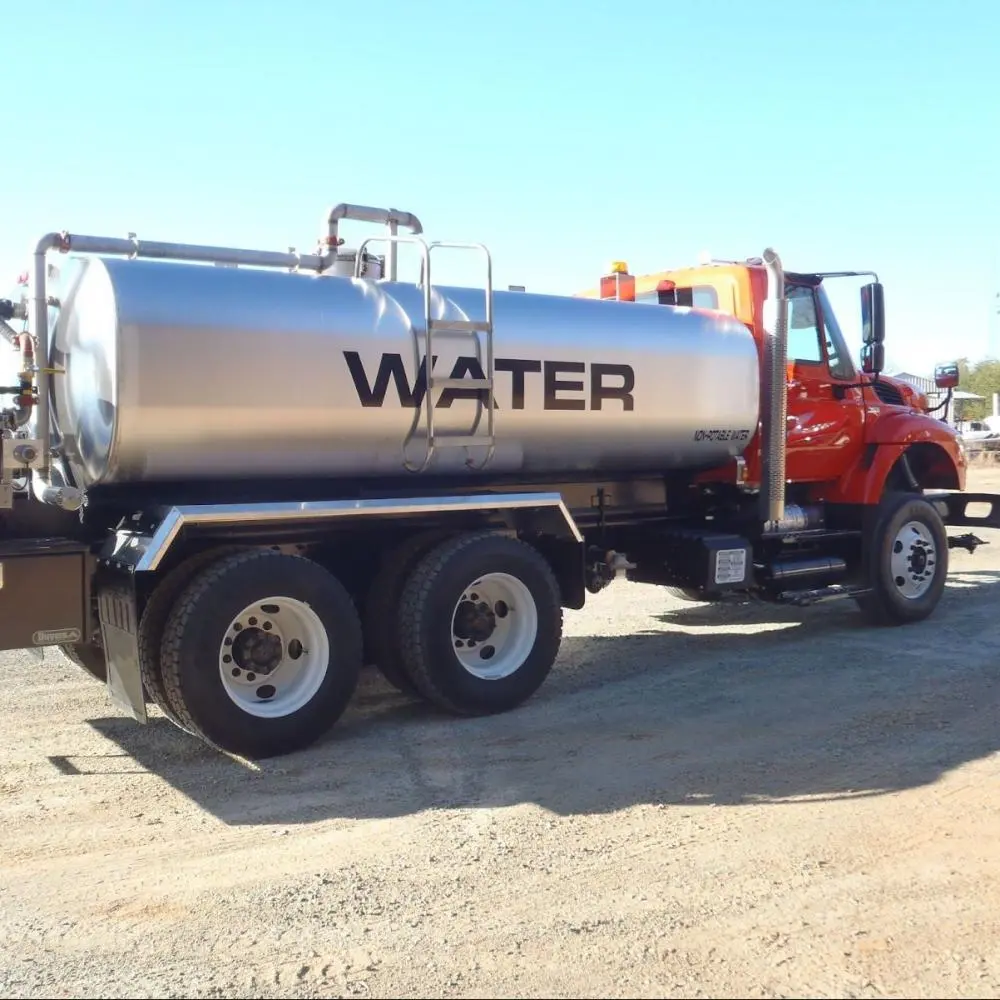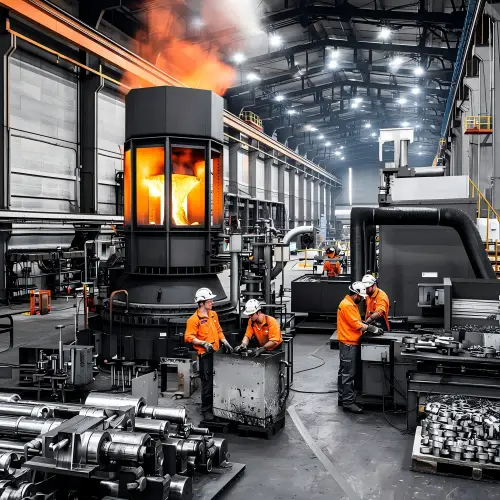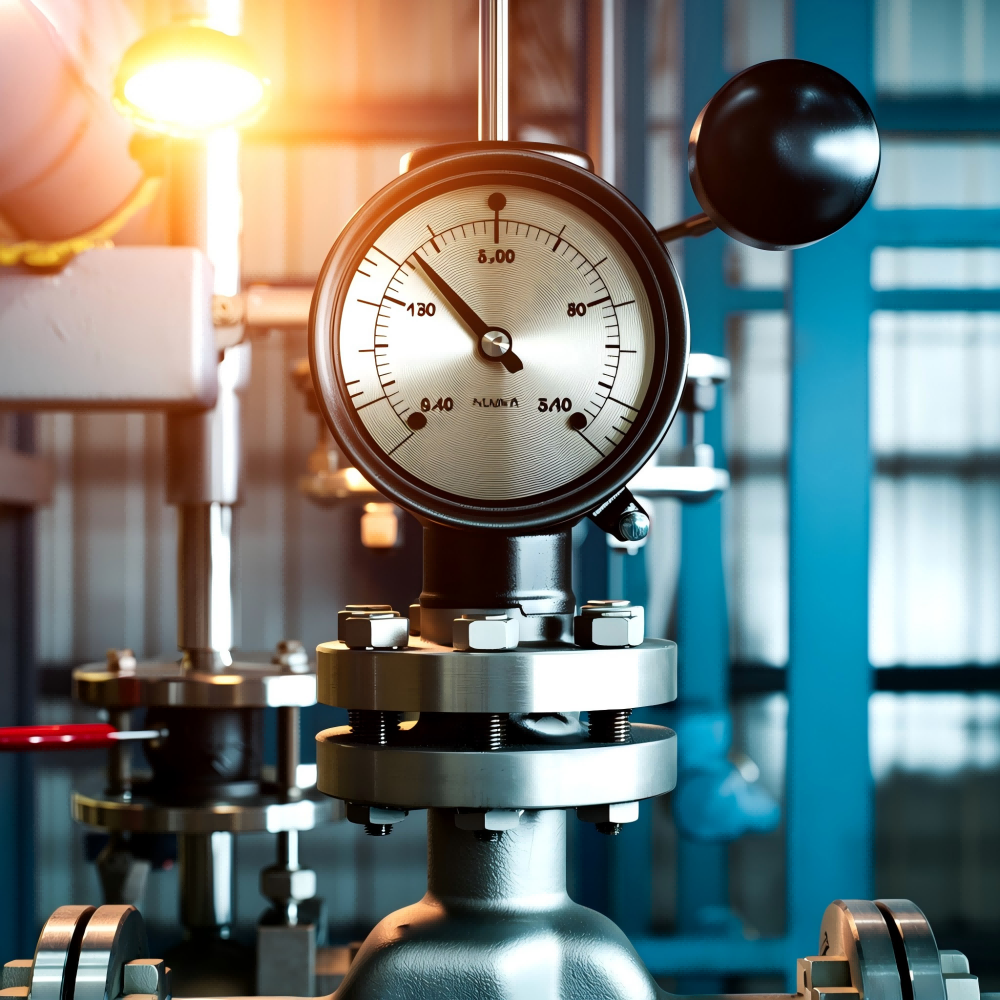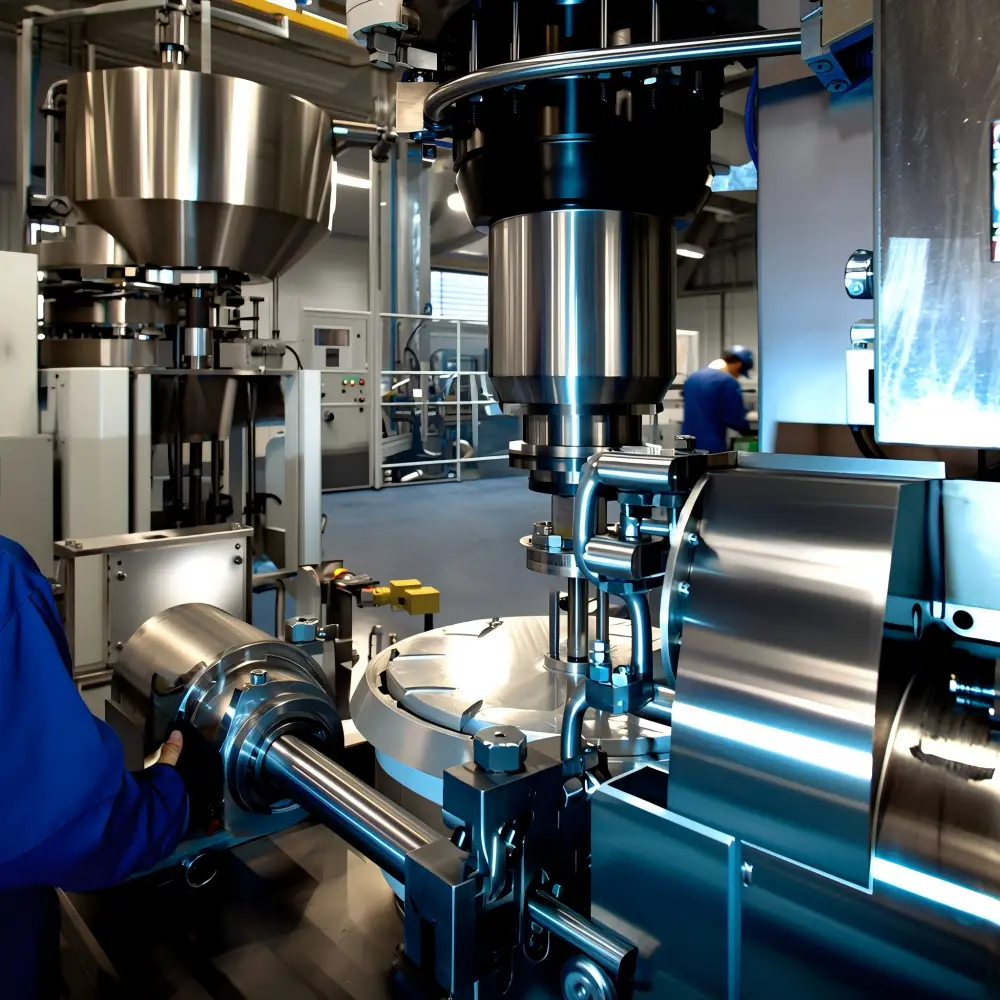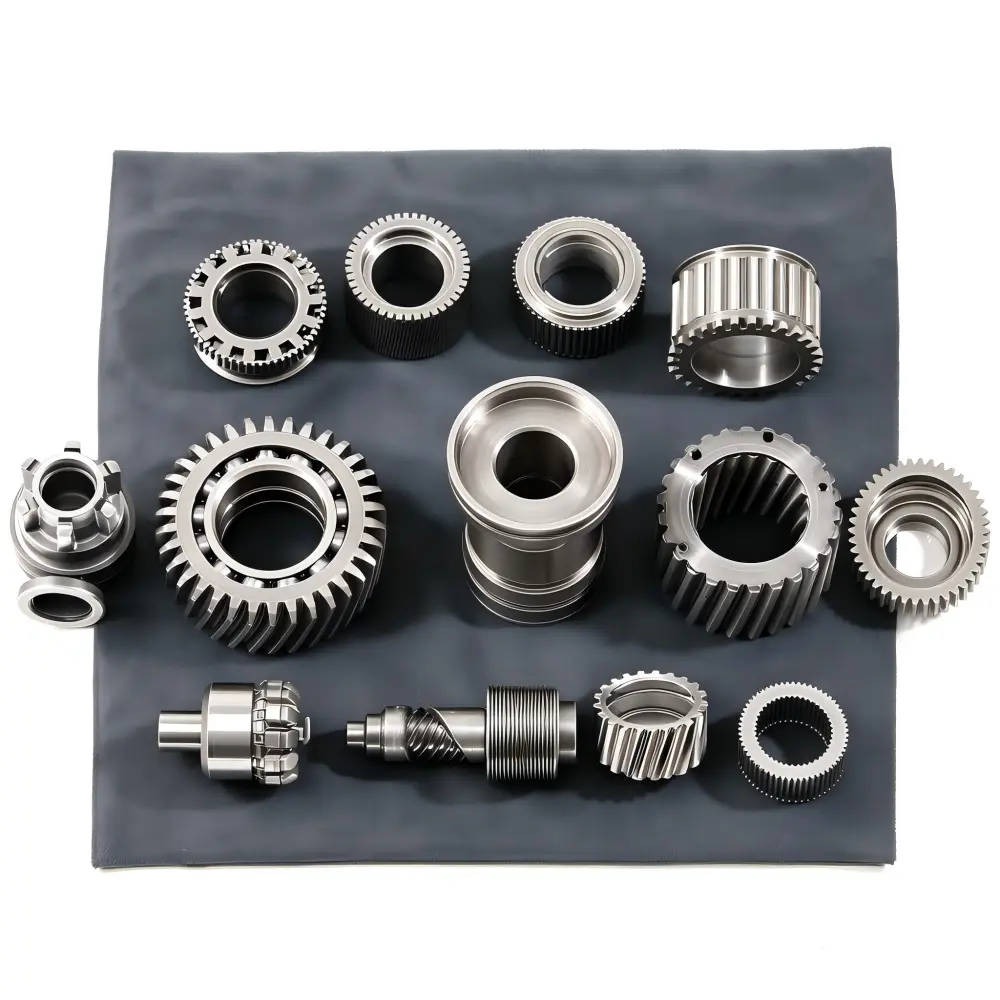How Silicon Bronze Precision Castings Improve Instruments

Silicon bronze precision castings revolutionize the performance of precision instruments. Their exceptional durability ensures components withstand demanding conditions without compromising functionality. The alloy's superior corrosion resistance protects instruments from environmental damage, maintaining their integrity over time. Machinability allows manufacturers to achieve intricate designs and precise tolerances, critical for high-performance tools. These qualities make silicon bronze an indispensable material for industries requiring accuracy and reliability in their instruments.
Key Takeaways
- Silicon bronze Precision Castings offer exceptional strength and durability, making them ideal for components in precision instruments that face mechanical stress.
- The alloy's superior corrosion resistance protects instruments from environmental damage, significantly extending their lifespan and reducing maintenance costs.
- Excellent machinability allows manufacturers to create intricate designs and tight tolerances, ensuring high accuracy and seamless integration in precision instruments.
- Silicon bronze enhances the reliability of precision instruments, ensuring consistent performance even in demanding conditions, which is crucial for industries like aerospace and healthcare.
- Choosing silicon bronze for precision instruments minimizes the need for frequent replacements, providing long-term value and reliability for manufacturers.
- The aesthetic appeal of silicon bronze, with its warm, golden hue, makes it a preferred choice for high-end measuring tools and decorative applications.
Material Properties of Silicon Bronze Precision Castings
Strength and Durability
Silicon bronze precision castings exhibit remarkable strength and durability. The alloy's composition ensures it can withstand significant mechanical stress without deformation or failure. This property makes it ideal for components in precision instruments that operate under demanding conditions. The material's inherent toughness allows it to maintain structural integrity over extended periods, even in environments where other materials might degrade. Manufacturers rely on this strength to produce parts that deliver consistent performance and reliability.
Corrosion Resistance
Corrosion resistance is a defining characteristic of silicon bronze precision castings. The alloy resists oxidation and chemical reactions, even when exposed to harsh environments. This quality protects precision instruments from damage caused by moisture, chemicals, or extreme temperatures. By preventing corrosion, silicon bronze extends the lifespan of components and reduces the need for frequent replacements. Industries that prioritize longevity and reliability in their tools often choose this material for its superior resistance to environmental factors.
Machinability and Precision
Silicon bronze precision castings offer excellent machinability, enabling manufacturers to achieve intricate designs and tight tolerances. The alloy's properties allow for precise cutting, shaping, and finishing, which are essential for creating high-performance components. This machinability ensures that parts fit seamlessly within complex assemblies, enhancing the overall functionality of precision instruments. The ability to produce detailed and accurate components makes silicon bronze a preferred choice for applications requiring exceptional precision.
Role of Silicon Bronze Precision Castings in Precision Instruments
Enhanced Accuracy
Silicon bronze precision castings play a critical role in enhancing the accuracy of precision instruments. The alloy's ability to achieve tight tolerances ensures that components fit together seamlessly, reducing errors in measurement or operation. Manufacturers rely on its consistent dimensional stability to produce parts that maintain exact specifications. This precision directly impacts the performance of instruments used in industries such as aerospace, medical devices, and engineering. By delivering unmatched accuracy, silicon bronze precision castings meet the stringent demands of high-performance applications.
Improved Reliability
Reliability is a cornerstone of any precision instrument, and silicon bronze precision castings excel in this area. The material's inherent strength and resistance to wear ensure that components perform consistently under various conditions. Instruments built with these castings demonstrate dependable functionality, even in environments exposed to stress or corrosive elements. This reliability reduces the likelihood of malfunctions, which is essential for industries where precision and safety are paramount. Silicon bronze precision castings provide a stable foundation for tools and devices that require unwavering performance.
Longevity and Maintenance
The durability of silicon bronze precision castings significantly extends the lifespan of precision instruments. The alloy resists corrosion and mechanical degradation, allowing components to remain functional for extended periods. This longevity minimizes the need for frequent replacements, reducing maintenance costs and downtime. Industries benefit from the material's ability to retain its structural integrity, even after prolonged use. By choosing silicon bronze precision castings, manufacturers ensure that their instruments deliver long-term value and reliability.
Comparison of Silicon Bronze Precision Castings with Other Materials
Silicon Bronze vs. Stainless Steel
Silicon bronze and stainless steel both excel in durability, but their applications differ due to unique properties. Silicon bronze offers superior corrosion resistance, especially in environments with exposure to saltwater or chemicals. This makes it a preferred choice for precision instruments used in marine or chemical industries. Stainless steel, while also resistant to corrosion, may not perform as well in highly corrosive conditions.
Silicon bronze provides better machinability compared to stainless steel. Manufacturers can achieve intricate designs and tighter tolerances with silicon bronze, which is essential for precision instruments. Stainless steel, being harder, often requires more effort and specialized tools for machining. Additionally, silicon bronze has a distinct aesthetic appeal due to its warm, golden hue, making it suitable for applications where appearance matters.
Silicon Bronze vs. Aluminum
Silicon bronze surpasses aluminum in strength and durability. Aluminum, though lightweight, lacks the mechanical toughness required for high-performance precision instruments. Silicon bronze withstands greater mechanical stress, ensuring components maintain their structural integrity over time.
Corrosion resistance also sets silicon bronze apart. Aluminum tends to corrode in certain environments, particularly when exposed to saltwater or acidic conditions. Silicon bronze resists such degradation, making it a more reliable material for long-term use. Furthermore, silicon bronze offers better wear resistance, reducing the need for frequent replacements in precision instruments.
While aluminum is easier to machine due to its softness, it cannot achieve the same level of precision as silicon bronze. The latter allows for more detailed and accurate components, which are critical for industries requiring exact specifications.
Silicon Bronze vs. Brass
Silicon bronze and brass share similarities, but their performance varies significantly in demanding applications. Silicon bronze exhibits greater strength and durability, making it more suitable for precision instruments subjected to mechanical stress. Brass, while strong, does not match the toughness of silicon bronze.
Corrosion resistance is another area where silicon bronze outperforms brass. Brass is prone to dezincification, a process where zinc leaches out, weakening the material. Silicon bronze, free from this issue, maintains its integrity even in harsh environments. This makes it a better choice for instruments exposed to moisture or chemicals.
Machinability is another advantage of silicon bronze. It allows for tighter tolerances and more intricate designs compared to brass. Precision instruments benefit from this capability, as it ensures components fit seamlessly and function accurately. Additionally, silicon bronze offers a more refined finish, enhancing both the functionality and appearance of the final product.
Applications of Silicon Bronze Precision Castings in Precision Instruments
Medical Devices
Silicon bronze precision castings play a vital role in the medical field. Manufacturers use this material to create components for surgical instruments, diagnostic tools, and implantable devices. The alloy's corrosion resistance ensures these tools remain sterile and functional, even after repeated exposure to cleaning agents and bodily fluids. Its strength and machinability allow for the production of intricate designs, which are essential for devices requiring high precision, such as endoscopic instruments or prosthetic components.
The biocompatibility of silicon bronze further enhances its suitability for medical applications. It minimizes the risk of adverse reactions when used in contact with human tissue. This property makes it a preferred choice for implants and other critical medical devices. By delivering durability, precision, and safety, silicon bronze precision castings contribute significantly to advancements in healthcare technology.
Aerospace Industry
The aerospace industry demands materials that can withstand extreme conditions while maintaining precision. Silicon bronze precision castings meet these requirements by offering exceptional strength, corrosion resistance, and dimensional stability. Engineers rely on this alloy to manufacture components for aircraft instruments, navigation systems, and control mechanisms. Its ability to maintain structural integrity under high stress and varying temperatures ensures reliable performance in flight-critical applications.
Silicon bronze's machinability allows for the creation of complex geometries required in aerospace components. This capability ensures tight tolerances and seamless integration within sophisticated systems. Additionally, the alloy's resistance to environmental factors, such as moisture and chemical exposure, enhances the longevity of aerospace instruments. By meeting the rigorous standards of the aerospace sector, silicon bronze precision castings contribute to safer and more efficient aviation technologies.
Measuring and Calibration Tools
Precision is paramount in measuring and calibration tools, and silicon bronze precision castings excel in delivering it. Manufacturers use this material to produce components for micrometers, calipers, and other measurement devices. The alloy's machinability enables the creation of detailed and accurate parts, ensuring these tools provide consistent and reliable readings.
The corrosion resistance of silicon bronze protects measuring instruments from environmental damage, preserving their accuracy over time. Its durability ensures that these tools maintain their functionality, even with frequent use in demanding industrial settings. Silicon bronze's aesthetic appeal also adds value to high-end calibration tools, where both performance and appearance matter. By enhancing the precision and reliability of measuring instruments, silicon bronze precision castings support quality control and innovation across various industries.
Silicon bronze precision castings elevate the performance of precision instruments by delivering unmatched durability, corrosion resistance, and machinability. These attributes ensure that instruments achieve superior accuracy and reliability while maintaining their functionality over extended periods. Industries such as aerospace and healthcare rely on this material to meet stringent operational demands. Its ability to withstand harsh environments and maintain structural integrity makes it indispensable for critical applications. Silicon bronze continues to set a high standard for quality and precision, solidifying its role as a cornerstone in advanced manufacturing.
FAQ
What makes silicon bronze precision castings ideal for precision instruments?
Silicon bronze precision castings stand out due to their exceptional strength, corrosion resistance, and machinability. These properties allow manufacturers to create intricate designs with tight tolerances, ensuring high accuracy and reliability in precision instruments. The alloy's durability also ensures long-lasting performance, even in demanding environments.
How does silicon bronze compare to other materials like stainless steel or aluminum?
Silicon bronze offers superior corrosion resistance compared to stainless steel and aluminum, especially in harsh environments. It also provides better machinability than stainless steel, enabling more precise and intricate designs. While aluminum is lightweight, it lacks the strength and durability of silicon bronze, making the latter a better choice for high-performance applications.
Can silicon bronze precision castings be used in medical devices?
Yes, silicon bronze precision castings are widely used in medical devices. The alloy's corrosion resistance ensures sterility and functionality, even after repeated exposure to cleaning agents and bodily fluids. Its biocompatibility makes it suitable for implants and other tools that come into contact with human tissue.
Why is machinability important for precision instruments?
Machinability allows manufacturers to achieve intricate designs and precise tolerances, which are critical for the functionality of precision instruments. Silicon bronze's excellent machinability ensures components fit seamlessly within assemblies, enhancing the overall performance and reliability of the instruments.
Are silicon bronze precision castings suitable for aerospace applications?
Silicon bronze precision castings are highly suitable for aerospace applications. The alloy's strength, corrosion resistance, and dimensional stability make it ideal for components exposed to extreme conditions. Engineers use it to manufacture parts for aircraft instruments, navigation systems, and control mechanisms.
How does silicon bronze enhance the longevity of precision instruments?
Silicon bronze resists corrosion and mechanical degradation, ensuring components remain functional over extended periods. This durability minimizes the need for frequent replacements, reducing maintenance costs and downtime. Its ability to maintain structural integrity contributes to the long-term reliability of precision instruments.
What industries benefit the most from silicon bronze precision castings?
Industries such as aerospace, healthcare, and manufacturing benefit significantly from silicon bronze precision castings. The alloy's properties make it ideal for applications requiring high accuracy, reliability, and durability. It is commonly used in medical devices, aerospace components, and measuring tools.
Is silicon bronze environmentally resistant?
Yes, silicon bronze exhibits excellent resistance to environmental factors such as moisture, chemicals, and extreme temperatures. This resistance protects precision instruments from damage, ensuring consistent performance in challenging conditions.
Can silicon bronze precision castings achieve aesthetic finishes?
Silicon bronze offers a warm, golden hue that enhances the aesthetic appeal of components. This makes it a preferred choice for applications where appearance matters, such as high-end measuring tools or decorative precision instruments.
What is the role of silicon in silicon bronze?
Silicon enhances the mechanical properties of the alloy, improving its strength, corrosion resistance, and machinability. This addition makes silicon bronze a preferred material for precision instruments that demand high performance and reliability.






